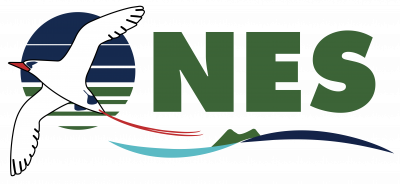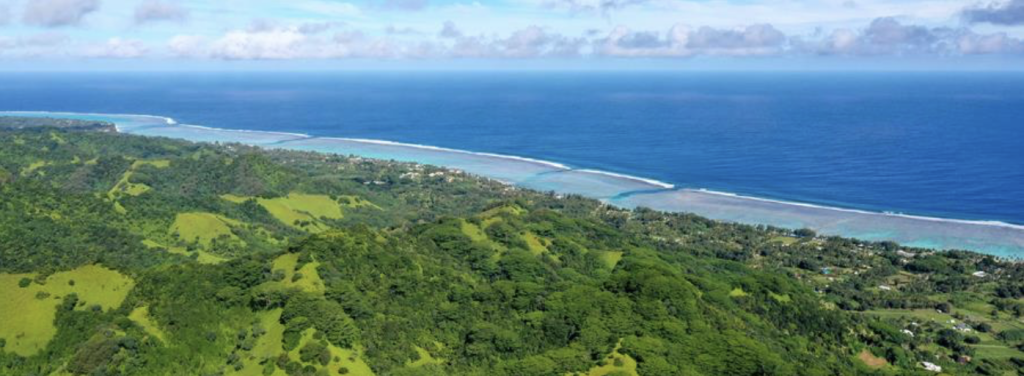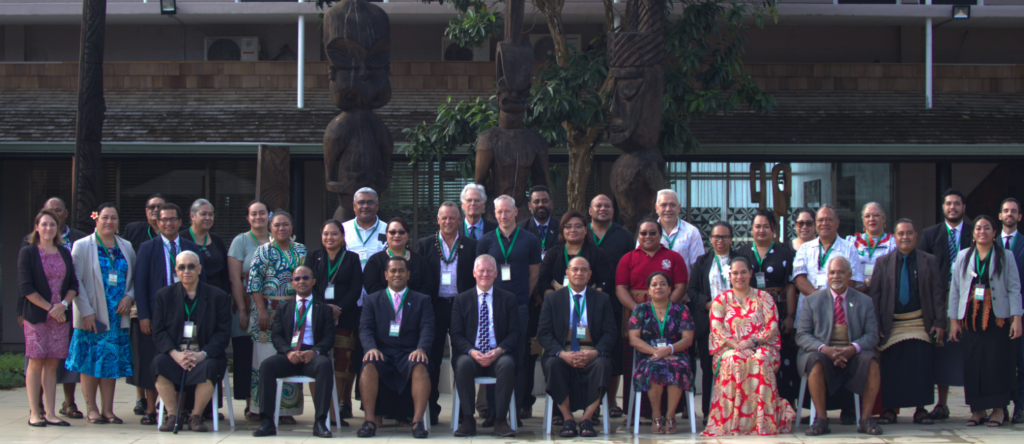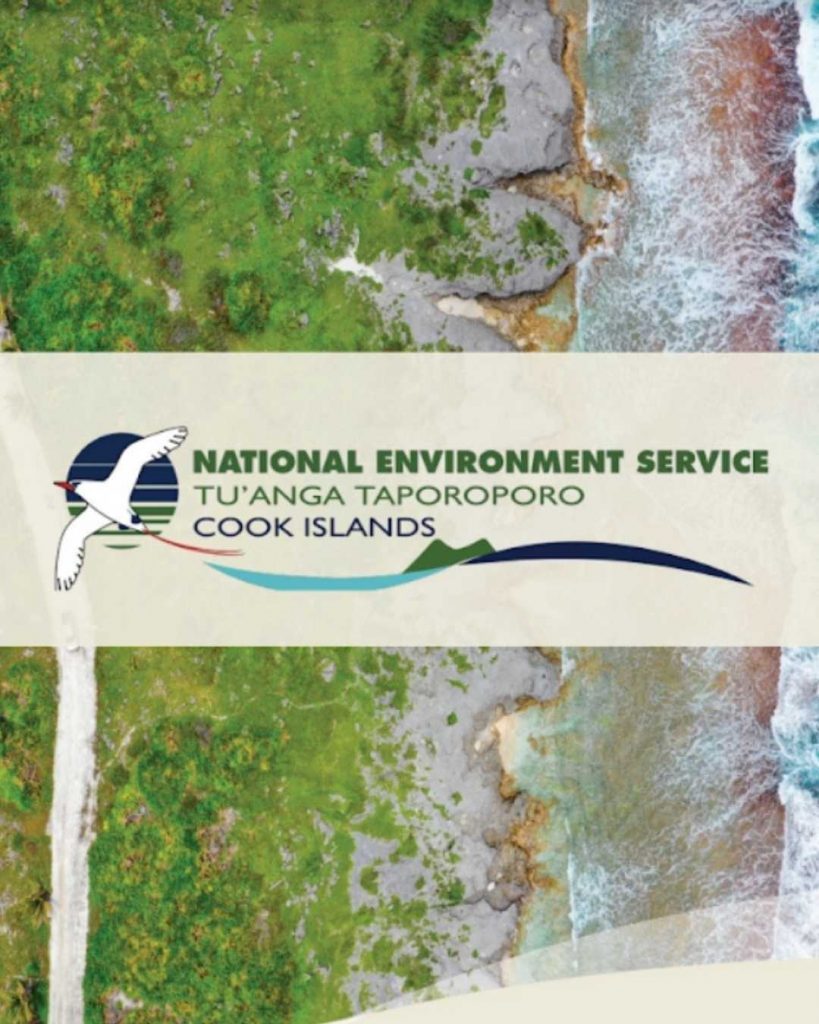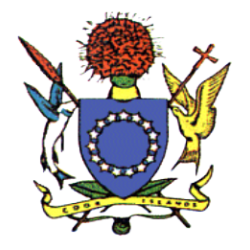Earlier this year, the National Environment Service (NES) publicly released a request for quotes to undertake the consultation and development of an environmental management plan focused on the Southern passages of Rarotonga.
The need for this work was identified following concerns raised by many stakeholders regarding the unsustainable nature of turtle tour operations primarily held in the Avaavaroa passage, as well as ongoing multi-agency meetings held between government agencies including NES, Ministry of Marine Resources (MMR) and Cook Islands Tourism (CIT). Despite voluntary measures developed by CIT, these have seen selective uptake with issues continuing to be observed.
Following an open and competitive recruitment process, NES is pleased to announce that a joint application from Te Puna Vai Marama and Te Ipukarea Society was selected as the successful applicant for this consultancy. Te Puna Vai Marama and Te Ipukarea Society have a broad range of relevant experience and expertise in the areas of science, policy, private sector and NGO engagement, all of which are essential in the course of this work.
This consultancy forms part of NES’s Project ENUA (Enhancing Nature’s Unique Areas), which aims to enhance biodiversity conservation across key sectors including tourism, agriculture and infrastructure development.
The consultant team will be responsible for conducting stakeholder consultations to confirm the geographic boundaries of the area(s) to be covered by the plan, and highlight key issues, threats, potential management options and general appetite or preference to such options. Additionally, they will conduct a desktop assessment of existing legislation, plans, strategies, tools and management responses in the Cook Islands as well as the wider Pacific region and other applicable locations that may provide useful lessons learned for our Cook Islands context. A draft management plan will then be prepared based on the inputs from key stakeholders and will be available for review and comment prior to finalization.
Once developed, the management plan will be workshopped with key local stakeholders to build awareness, understanding and compliance with the plan, which will be legally enforceable as per Part 6 of the Environment Act 2003, with fines up to $5,000 for breaches.
The intention of the plan is to implement environmental guidelines and best practices with a key focus on habitat conservation, protection of endangered biodiversity, sustainable tourism management, and also facilitate compliance, enforcement and monitoring, as well as research, data collection and capacity development.
This work is being funded by the Global Environment Facility (GEF) under the GEF 7 Project ENUA, which is supported by United Nations Development Programme (UNDP).
For more information on GEF 7 Project ENUA, please see our NES website here.
